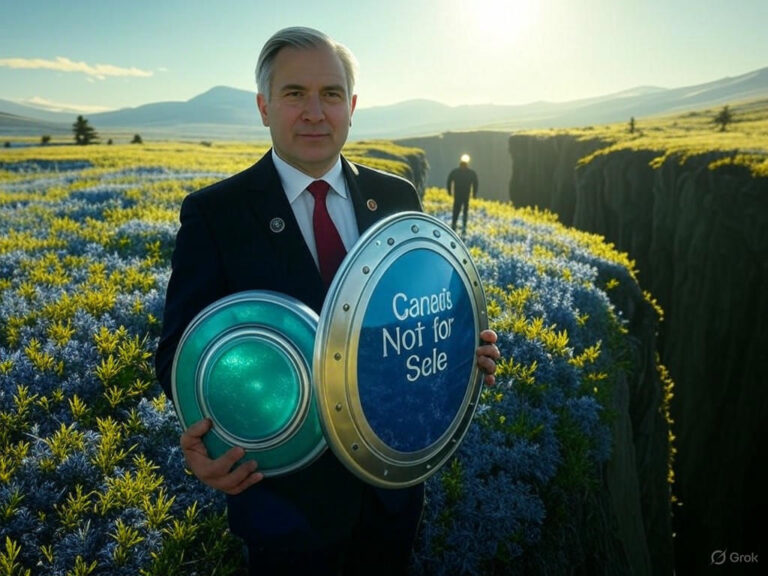
Trump’s Tariffs Prompt Australia New Zealand Film Support
A New Era for Global Film Trade Under Trump’s Tariffs on International Films
The global film landscape is undergoing a major transformation due to Trump’s tariffs on international films, with US President Donald Trump’s announcement of a 100% tariff on non-US produced films set to take effect in 2025. This bold move is pushing industry leaders in Australia and New Zealand to rally and protect their vibrant, billion-dollar film sectors. As these countries scramble to adapt, it’s clear that this policy could redefine international film collaboration, sparking innovative responses that might just reshape the entire industry for the better—or worse.
Imagine your favorite blockbuster filmed in stunning New Zealand landscapes suddenly facing barriers to reach American audiences; that’s the reality now. With Trump’s tariffs on international films potentially doubling costs and limiting access, filmmakers worldwide are rethinking their strategies, but Australia and New Zealand are leading the charge in building resilience.
Understanding the Broad Impact of Trump’s Tariffs on International Films
These tariffs represent a significant shift toward protectionism, aiming to shield US studios by making foreign films far more expensive to import. For Australian and New Zealand producers, this means tighter restrictions on market access, higher distribution costs, and challenges for international co-productions that rely on cross-border talent. It’s not just about economics; this could stifle the diverse storytelling that makes global cinema so exciting.
- Access to the lucrative US market for films from Australia and New Zealand might shrink dramatically
- Co-productions could face increased legal hurdles and financial strains, forcing teams to get creative with budgets
- Studios are already pausing projects, leading to a ripple effect on jobs and innovation in filmmaking
The High Stakes for New Zealand’s Film Industry
New Zealand’s film sector pumps out around $3.5 billion annually, with a big chunk coming from US-linked productions like “The Lord of the Rings.” Yet, Trump’s tariffs on international films threaten to upend this success. Prime Minister Christopher Luxon has called the country a top spot for moviemaking, but he’s cautious, noting it’s early to predict the full fallout as details emerge.
What if your local film festival favorites couldn’t make it to Hollywood? That’s a real concern here, prompting New Zealand officials to dive into international talks for solutions. They’re focusing on shoring up local talent and exploring new markets to offset potential losses.
Australia’s Strategic Response to Global Film Tariffs
Australia, known for hits like “Mad Max,” isn’t sitting idle amid these changes. While official statements are still unfolding, industry execs and government bodies are teaming up to offer more incentives and support. This approach aims to keep Australian films competitive globally, even as Trump’s tariffs on international films create uncertainty.
Think of it as a defensive playbook: by enhancing tax breaks and marketing, Australia is positioning itself as a go-to hub for productions seeking alternatives to the US. Have you ever wondered how one policy change could spark such widespread ingenuity? It’s happening right now.
Why the US Is Rolling Out 100% Tariffs on Foreign Films
The Trump administration sees these tariffs as a way to revitalize American industries and cut trade deficits, prioritizing domestic studios and streaming services. The goal? To bring Hollywood investments back home and counter what they view as threats from successful foreign films.
- Boosting local production to keep more money in the US economy
- Encouraging repatriation of funds that often flow overseas for shoots
- Addressing competition from international blockbusters that resonate worldwide
History echoes warnings, like the Smoot-Hawley Tariff Act, which backfired by slowing innovation and trade. Could Trump’s tariffs on international films lead to a similar outcome, where global collaboration suffers? Industry experts think so, urging a balanced approach to avoid isolating creative communities.
Australia and New Zealand: Rallying Support Amid Trump’s Tariffs on International Films
In response, both nations are ramping up efforts to bolster their film industries through fresh funding, targeted marketing, and global partnerships. They’re eyeing opportunities to become prime spots for streaming giants dodging US restrictions, turning potential setbacks into growth chances.
Key Industry Actions to Counter Global Film Tariffs
- Accelerating grant programs and tax incentives to lure projects to Australasia
- Building alliances in the Asia-Pacific region for wider distribution
- Rolling out dynamic marketing drives to highlight local stars and filming locations
- Investing in studio upgrades to accommodate big-budget films previously headed stateside
If you’re a filmmaker, this is a golden opportunity to explore new incentives—perhaps applying for those grants could be your next smart move. Australia and New Zealand are proving that adaptability is key in navigating Trump’s tariffs on international films.
Broader Consequences for the Global Industry
These tariffs aren’t just affecting Oceania; they’re shaking up the entire entertainment world. Streaming platforms and studios are reevaluating everything from production plans to audience reach, with fears of retaliatory measures fragmenting the market.
A Quick Look: Film Landscape Before and After Trump’s Tariffs
| Aspect | Before Tariffs | After Tariffs |
|---|---|---|
| Export Opportunities | Wide-open US market access | Significantly higher costs for foreign films |
| Co-productions | Seamless US collaborations | More barriers and expenses involved |
| Government Aid | Basic incentives available | Boosted grants and rapid support measures |
| Studio Growth | Global investment balance | Expansion in Australia and New Zealand |
This table highlights how Trump’s tariffs on international films are forcing a pivot, but it’s also opening doors for regions like Australia and New Zealand to shine.
Lessons from Tech: What Film Can Learn from Trade Shifts
The tech world has already felt the sting of US tariffs, with supply chains disrupted and costs soaring—lessons that mirror what’s unfolding in film. Just as tech companies adapted by diversifying, the film industry might need to do the same to thrive.
- Expect higher expenses for shoots, equipment, and editing across borders
- See less cross-global teamwork as distribution tightens
- Watch content become more region-specific, tailoring stories to local tastes
A quick anecdote: Remember how tech firms pivoted during past tariffs? Filmmakers could take a page from that book by fostering regional networks. How will you adapt if Trump’s tariffs on international films hit your projects?
What Lies Ahead for Australia and New Zealand Film in the Era of International Tariffs
Despite the challenges, these countries are doubling down on attracting films, nurturing talent, and forging ties with Asian and European markets. Expect more policy updates as the full scope of the tariffs clarifies.
Insights from the Experts
“Staying agile is crucial—we need to innovate and ensure our stories still captivate global audiences,” shares a top New Zealand film executive.
This mindset could be your takeaway: In a world shaped by Trump’s tariffs on international films, proactive steps like seeking international partnerships might safeguard your creative endeavors.
A Turning Point for Global Cinema
Ultimately, Trump’s tariffs on international films could redefine how we make and share movies, pushing Australia, New Zealand, and others to innovate. While the US aims to strengthen its own scene, this might just elevate global storytelling in unexpected ways.
So, what are your thoughts on these changes? If you’re in the industry, consider exploring new opportunities in Australasia—it’s a smart move. Share your experiences in the comments, and don’t forget to check out our related posts for more insights.
References
- NZ Herald: New Zealand Film Officials Discuss Trump’s Tariffs
- AldoMedia: Impact of Trump’s Tariffs on Tech and Trade
- Social Media Today: Editor Insights
- Principles of Marketing Study
Trump’s tariffs on international films, Trump tariffs, international film tariffs, Australia film industry, New Zealand film industry, global film trade, US film protectionism, film industry impacts, Oceania cinema support, global trade shifts






